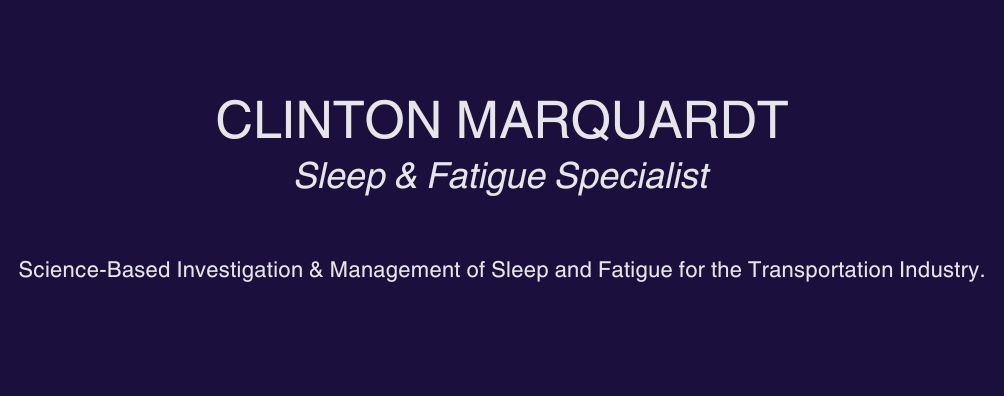The longest well-documented period without sleep that I have ever heard of is 264 hours and 12 minutes…about 11 days[1]. The 17 year old Randy Gardner broke the previous record of 260 hours for his high school science fair project. This was in 1965 and I haven’t read or heard of anything like it since.
When I started working at the Royal Ottawa Sleep Disorders Centre, I was completing my undergraduate degree in psychology. True to being a student, I could go to school all day, take a nap before work and then stay up all night at the sleep lab…with the help of a good dose of coffee. But I would crash hard afterwards. There was the odd summer day when I had to head to another job as a painter right after my sleep lab shift. I might have made it to 32 hours with only a nap, but my performance was poor. I remember how hard it was to stay steady on the ladder as I finished the paint job….bordering on dangerous I would now argue.
 So just when should you cut off the wakefulness and think about getting some sleep? Back in 1997 a research team from Australia compared cognitive psychomotor performance after long periods of wakefulness to performance after drinking alcohol[2]. What they found was that if you stay awake for 17 hours, your hand-eye coordination would be about the same as if you drank enough alcohol to bring your blood alcohol concentration (BAC) level to 0.05%. At this BAC, it is illegal to drive a car in many areas, but people drive after being awake for 17 hours all the time!
So just when should you cut off the wakefulness and think about getting some sleep? Back in 1997 a research team from Australia compared cognitive psychomotor performance after long periods of wakefulness to performance after drinking alcohol[2]. What they found was that if you stay awake for 17 hours, your hand-eye coordination would be about the same as if you drank enough alcohol to bring your blood alcohol concentration (BAC) level to 0.05%. At this BAC, it is illegal to drive a car in many areas, but people drive after being awake for 17 hours all the time!
Before you get to 17 hours, start thinking about safety and getting some shut-eye.
References
[1] Dement, W. (1972). Some must watch while some must sleep. San Francisco: W.H. Freeman and Company.
[2] Dawson, D., & Reid, K. (1997). Fatigue, alcohol and performance impairment. Nature, 388, 235.


